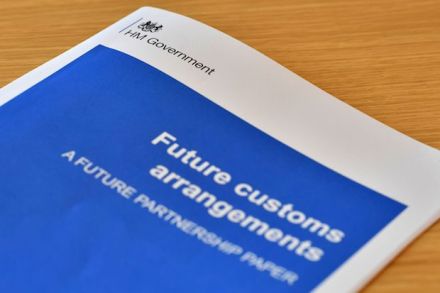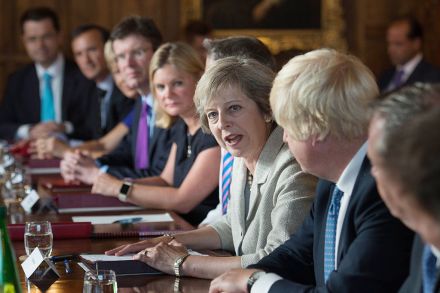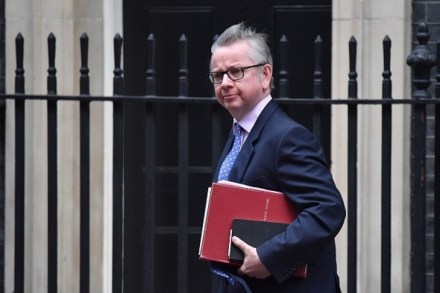Number 10’s new customs plan doesn’t fully exist, sources insist
Has Theresa May finally cracked the customs arrangements problem? The Prime Minister needs to get sign-off from her Cabinet on Britain’s future relationship with Europe at this week’s Chequers summit, and it was briefed overnight that there was now a third option on the table, separate to the customs partnership or the maximum facilitation plan. But this option turned out not to be on the Cabinet table yet, with David Davis and other key ministers finding themselves as in the dark as the rest of us on the matter this morning. I understand that they still haven’t been told what this new model is, but this is largely because the




















